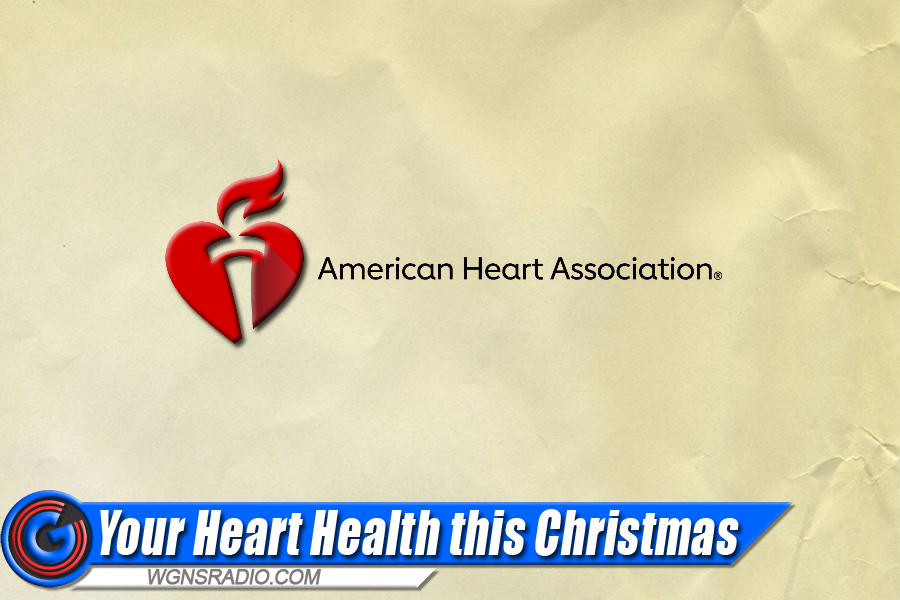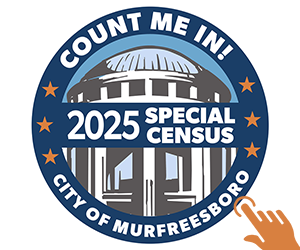Scientific research over time has shown an uptick in cardiac events during the winter holiday season, and more people die from heart attacks between December 25th and January 1st than at any other time of the year. The American Heart Association, the world’s leading nonprofit organization focused on heart and brain health for all, has tips and resources to help you and yours have a happy, healthy holiday season.
"The holidays are a joyous time, but can also be a busy, sometimes stressful, time. We may tend to eat and drink a bit more and exercise and relax less, disrupting our healthy routines. We also may not be listening to our bodies or paying attention to warning signs, thinking it can wait until after the new year. All of these can be contributors to increasing the risk for heart attack at this time of the year,” says Dr. Daniel Muñoz, American Heart Association Board President and Executive Medical Director and Chief Medical Officer at Vanderbilt Heart & Vascular Institute. “These stresses are compounded for the many people who didn't get to be with family and friends last year due to the COVID-19 pandemic. It's incredibly important to be aware of the risk of heart disease and the factors that lead to heart disease. Take a few simple steps that can help keep you heart healthy with much to celebrate in the new year. It has never been more important to take care of yourself, as well as those around you.”
Don't have a Heart Attack (Continued...)
Here are some things to be mindful of (a list we recommend checking twice):
• Know the symptoms and take action: Heart attack signs vary in men and women and it’s important to catch them early and call 9-1-1 for help. The sooner medical treatment begins, the better the chances of survival and preventing heart damage.
• Celebrate in moderation ‘Tis the season for unhealthy changes in diet and higher alcohol consumption. Eating healthfully during the holidays doesn’t have to mean depriving yourself, there are still ways to eat smart. Look for small, healthy changes and swaps you can make so you continue to feel your best while eating and drinking in moderation, and don’t forget to watch the sodium.
• Plan for peace on earth and goodwill toward yourself: Make time to take care of yourself during the busy holiday. Reduce stress from family interactions, strained finances, hectic schedules and other stressors that tack on this time of year, including traveling.
• Keep moving: The American Heart Association recommends at least 150 minutes of physical activity per week and this number usually drops during the holiday buzz. Get creative with ways to stay active, even if it’s going for a family walk or another fun activity you can do with your loved ones.
• Stick to your meds: Busy holidays can make way for skipping medications, forgetting them when away from home, or not getting refills in a timely manner. Here is a medication chart to help stay on top of it, and be sure to keep tabs on your blood pressure numbers.
Learn more about heart attacks here.
Continued...
Additional Resources:
• Stress Management infographic
• Healthy travel
• Cardiac Mortality Is Higher Around Christmas and New Year’s Than at Any Other Time: The Holidays as a Risk Factor for Death – Circulation, 2004
• The “Merry Christmas Coronary” and “Happy New Year Heart Attack” Phenomenon (Commentary) – Circulation, 2004






